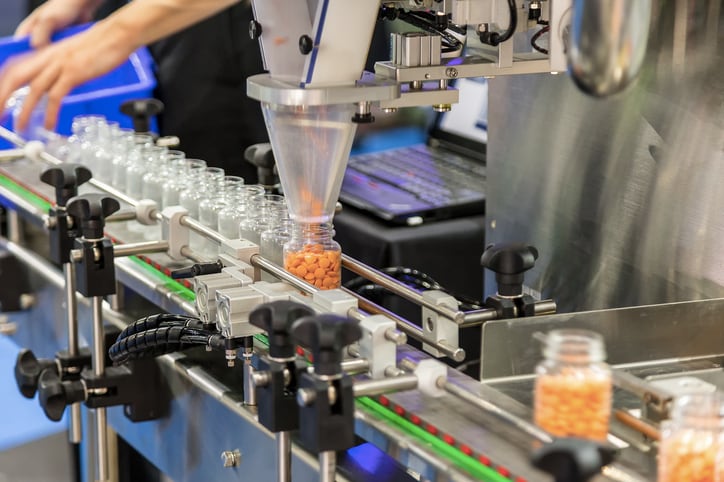International Life Sciences Institute (ILSI) Europe’s “Black & White” reports are a series of science-based guidance documents for the food and beverage industry.
This newly published report gives an introduction to analysing Non-Intentionally Added Substances (NIAS) that are present in a food contact material (FCM) and can migrate in the food but have not been added for a technical reason during the production process.
The report highlights various FCMs and their unique requirements for analysis of migrants (IAS or NIAS).
It presents background information on different test conditions for the different FCMs and why the standard tests used for plastics outlined in the Commission Regulation (EU) (No 10/2011) are inappropriate in some instances for many non-harmonised FCMs.
It also gives an overview of the various analytical techniques available, along with their strengths and weaknesses, as no single technique will detect all NIAS or absolutely quantify all of them. It outlines the importance of sampling, with do’s and don’t's.
Finally, it includes a proposal for communicating along the supply chain, which gains more importance with the stated intention of the European Commission (DG Sante) to request details of detected NIAS to be passed to the end user of the article.
The overview provides an introduction for non-dedicated analysts willing to understand different potential analytical techniques and the interpretation and relevance of their results. It may also be of interest to risk managers who need to assess the safety of FCMs where differing results may cause issues.
Background
In 2019, as part of its ongoing support to research on FCMs, the ILSI Europe Packaging Materials Task Force kicked-off an expert group which aimed to provide best practices for identifying and quantifying unknown migrants from FCMs, with widely differing characteristics.
The activities of this expert group included sampling and sample preparation, a review of current analytical methods and a publication on how to report, use and interpret results.
The final document aimed to provide a critique on commonly and not so commonly used analytical techniques.
The areas covered were wide ranging, appealing to readers with varying understanding of the approaches to analyse Non-Intentionally Added Substances (NIAS).
In 2021, the expert group decided to prepare two documents, the first being a detailed, high level review paper: "Guidance in selecting analytical techniques for identification and quantification of non-intentionally added substances (NIAS) in food contact materials (FCMS)".
This new, more general report, addressed to people interested in the field but with less expertise, named “Overview of Approaches for Analysing NIAS from different FCMs” is now available from ILSI Europe’s website.
The experts who contributed to this report include leaders in industry and research: Oldring Peter (Sherwin Williams), Faust Birgit (Dow Europe), Gude Thomas (Swiss Quality Testing Services), Lesueur Céline (Danone Nutricia Research), Simat Thomas (Technical University of Dresden), Stoermer Angela (Fraunhofer IVV), Van Hoek Els (Sciensano), and Nerin Cristina (University of Zaragoza).
ILSI
Founded in 1986, the European branch of the International Life Sciences Institute (ILSI Europe) fosters collaboration among the best scientists from industry, academia and the public sector to provide evidence-based scientific consensus in the areas of nutrition, food safety, consumerbehaviour and sustainability. ILSI Europe aims to build multi-stakeholder science-based solutions for a sustainable and healthier world.To deliver science of the highest quality and integrity, scientists collaborate and share their unique expertise in expert groups, workshops, symposia and resulting publications.


